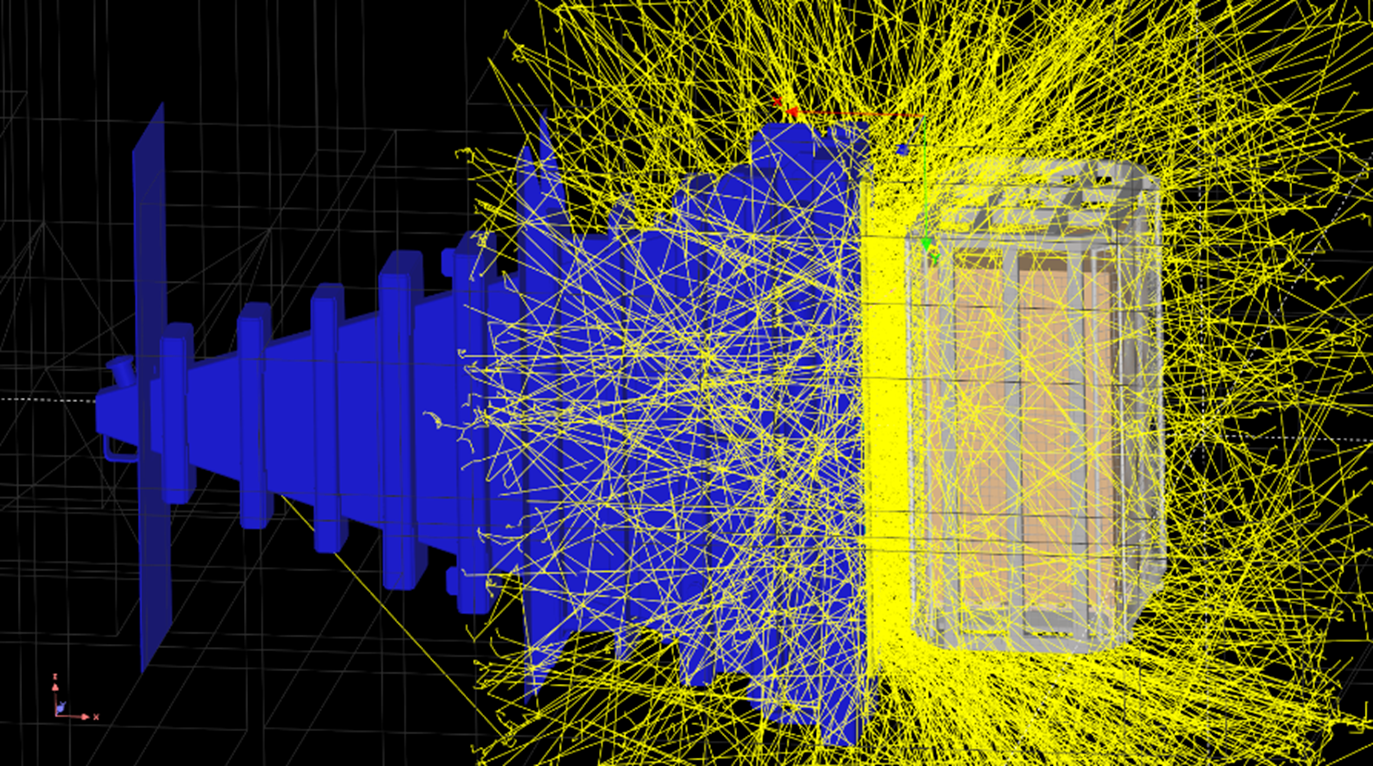
FSANZ to consider revising X-rays maximum energy
The proposal seeks to increase the maximum permitted energy level of machines generating X-rays for irradiating food from 5 to 7.5 mega-electron-volts (MeV) , the X-ray target being made of tantalum or gold. Since 2021, Steritech has been operating an electron accelerator in Melbourne, Australia producing accelerated electrons and X-rays, the latter being used to treat fresh produce for phytosanitary purpose.
The main reasons for the change request are increasing the efficiency of conversion of electrons into X-rays – thereby increasing the throughput, improving treatment uniformity, and reducing dependence on cobalt-60, a radioisotope for which demand has become larger than offer.
The petition aims at demonstrating that there is no detrimental effect to be expected from a change in maximum energy of X-rays. The upper limit of 5 MeV was set in international documents such as those of the Codex Alimentarius more than 40 years at a time when industrial irradiation of food with X-rays was still a speculation. Since then Canada, India, Indonesia, South Korea and the USA have permitted irradiating food at 7.5 MeV. An excellent review of the topic was given by Peter Roberts (New Zealand) during the Phytosanitary Irradiation Forum in Bangkok.
According to FSANZ, the assessment will not start until October 2023 with a comment period planned for early 2024.
Image credit: Aerial/IBA

